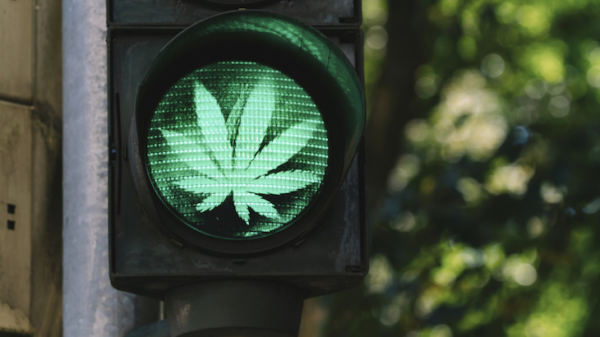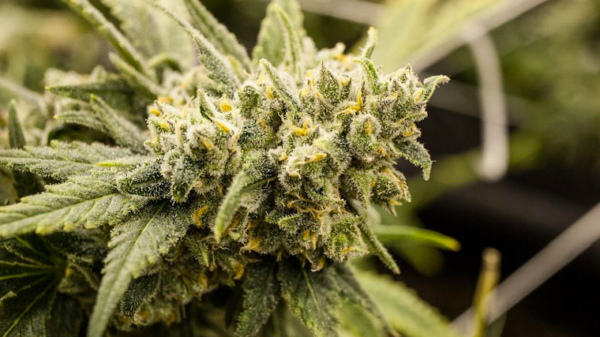A new study casts doubt on prevailing cultural notions that weed makes people lazy.
The research, published in the journal Experimental and Clinical Psychopharmacology, found that college students who consume cannabis on a regular basis are more likely to choose tasks that require more effort compared to non-users.
“Our results do not support the amotivational hypothesis,” researchers from the study explain.
The amotivation syndrome hypothesis, which took root in the 1960s, suggests that regular cannabis use leads to impaired executive functioning, arousal and reactivity, resulting in a reduced capacity for goal-directed behaviour other than drug-seeking.
Read more: Cannabis use for anxiety increased in US after Covid-19, study shows
Read more: Young adults who use cannabis have better sex: study
For the study, researchers recruited 47 college students — 25 consumed cannabis on a regular basis and 22 didn’t. The average age of participants was 20, and 80 per cent of the cannabis consumers were women.
To assess motivation, participants completed a series of behavioural tests where they had to choose between tasks involving different degrees of difficulty and rewards.
The harder task involved pressing a button 100 times with the non-dominant little finger within 21 seconds for a reward of $1.24–$4.30, while the less complex task required pressing it only 30 times with a dominant finger for $1.
Results showed that 49 per cent of cannabis users chose the high-effort task, compared to 39 per cent of non-users. Cannabis users also reported having five alcoholic drinks per week on average compared to none by those who don’t.

College students using more cannabis were more likely to select the high-effort choice option. Graph via
Read more: Medical cannabis cuts daily morphine in chronic pain patients: study
The authors suggest future research exploring changes in effort-related decision making depending on the severity of a cannabis-use disorder.
Results from this study are consistent with another study refuting claims that using marijuana lowers motivation.
That study shows that cannabis consumption during adolescence isn’t associated with any significant changes in motivation, apathy, or engagement after investigators controlled for subjects’ use of alcohol and tobacco, among other potential confounding variables (such as age, sex and depression).
Follow Natalia Buendia Calvillo on Twitter
natalia@mugglehead.com














